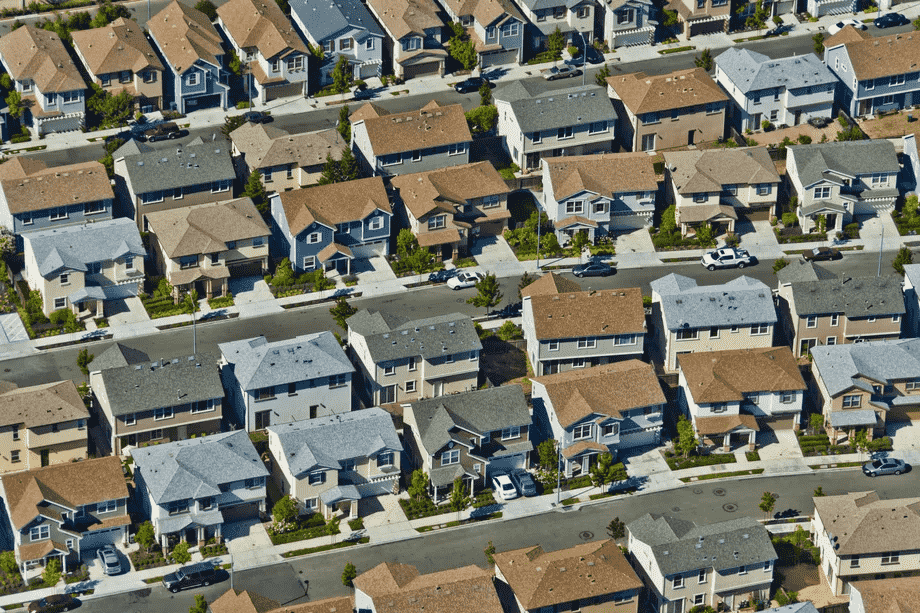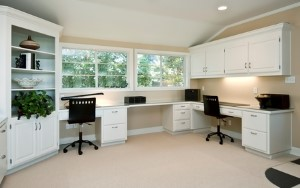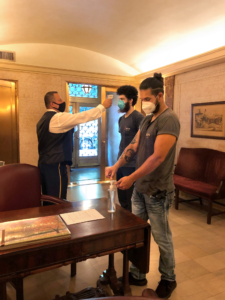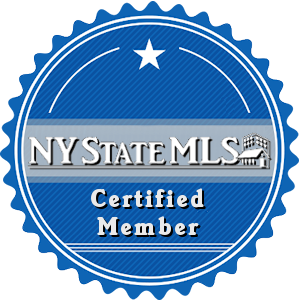How a Virus Changed the Market Trend of New York State Real Estate

COVID-19 has forced the world to face challenges never seen before. Many industries, business, and professions are projecting and planning for the near and far future permanently affected by these long-term challenges.
The real estate world is one of many areas hit hard by the pandemic. However, market prospects and sales continue to rise as a new and diverse demographic of sellers and buyers enter the market. Home features, structures, and amenities are constantly changing to meet the needs of buyers. Since the pandemic, certain additions and amenities especially attract successful sales. Renovations and additions are growing in demand.1
Demand for purchase and property prices continue to rise despite the pandemic and homeowners are benefiting from “record high” home equity incentivizing to invest more on renovations.2 With an increasing number of people working from home, commute times are no longer a priority and buyers are looking into homes in the suburbs or outside Manhattan with bigger lots and outdoor space. Just in August, the New York real estate market saw sales in Brooklyn go up 38.7% compared to the same month last year.3
For those looking for homes in the City, multifamily residential buildings and bigger apartments are in favor.4 The demand for swimming pools, spas, and well-equipped kitchens are also increasingly popular as people plan to spend more time cooking and enjoying their leisure time at home.5 Buyers also favor adequate office space with built-in bookshelves and desks, and furnished garages or basements. As assisted living facilities or nursing homes are no longer an option for people with elderly parents, multigenerational homes with ground level home suites are also on the rise. Some would like to see sanitation measures implemented into their homes, in the form of bidet toilets or smart bathrooms with smart sensors and bath presets minimizing surface contamination. For better air ventilation, indoor air quality monitoring and air treatment systems are also attractive additions.6

Spacious private office space and work areas are important features for future home sales
(Source: Red Oak Remodeling)
During renovations and construction during COVID-19, property owners must follow Phase 1 state guidelines that remain effective to the current phase. State guidelines do not allow more than one worker per 250 square feet, require workers to open windows as much as possible for increased ventilation, conduct daily temperature checks before on-site work, and to cut the number of hours that crew members can stay to work on the property.7
Workers must follow co-op building procedures for on-site construction or renovation work
(source: The New York Times)
Renovation of condominiums or co-ops face more challenges due to limited and congested space. In addition to the state guidelines the works must also adhere to the building’s own safety protocols set by co-op boards which tend to be more restrictive.8 For example, condominiums or co-ops have the power to limit the scope of alterations, delay start dates for new renovations, and restrict the number of renovations within the same time period.9 The uncertainty caused by the pandemic, there may be no guarantee that projects will be completed in time which results in owners expecting major delays in their plans to sell. To save money, time, and dealing with the hassles of renovation and construction restrictions, it may be more economic for condominium unit sellers to minimize the renovation and instead add incentives or concessions to the sale price. However, sellers may also benefit from a faster sale for a better purchase price if the home comes renovated with amenities and space to fit the needs of current buyers. The seller’s priority on how much to invest to meet these changes in market favorability will depend on the property type, the extent of needed repairs or reconstruction, and how much time and money the seller is willing to spend.Tags: covid-19, home improvement, New York, real estate, renovation, safety protocols, sale, state guidelines


